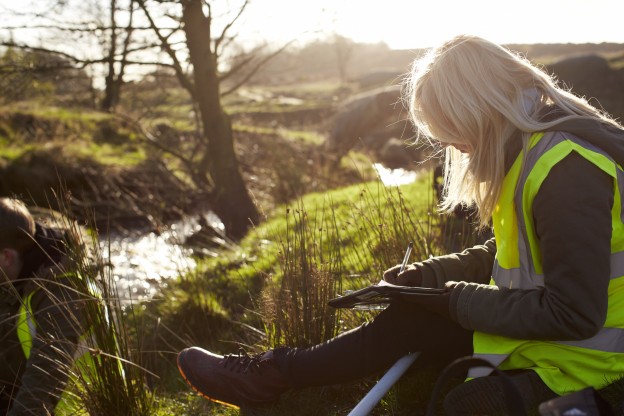Last week I taught geography for the first time since the current National Curriculum was implemented (note to self – do fewer meetings but do more teaching and research as Head of Department). The topic was rivers; the student group BA primary; the module assignment was to create a primary classroom learning environment to facilitate enquiry based learning in one of the primary foundation subjects. I first taught a rivers scheme of work thirty years ago (!) to Year 9 pupils; led primary environmental investigation in primary science and geography twenty years ago, then championed the enquiry approach to primary geography with Alison Ryan in Teaching Geography 3-11 in 2001, followed by completing a PhD on primary children’s collaborative talk during the creation of digital maps. There’s been a focus on enquiry and subject pedagogy in my teaching since I was a probationary teacher (an NQT in old money…).
However, views on curriculum content have changed since then. Government ministers no longer see the curriculum as a ‘secret garden’, inaccessible to policy makers. Knowledge rich content is privileged above a skills based approach in the National Curriculum, and also in many of the curricular approaches in influential free schools and academy chains. Bloggers cite E.D. Hirsch and his cultural literacy approach as a key influence in defining core knowledge for schooling in the USA and in England.
So how did the ‘knowledge-turn’ affect my return to geography teaching and my preparation for the session? Some things are still the same – sections of film showing the progress of the River Severn (which I used to access via VHS) are now on YouTube and still popular with students and teachers – at least judging from the comments posted online. But other things have changed – I now had a context in which to engage with a knowledge rich curriculum tool – the knowledge organiser . Joe Kirby, Deputy Head at Micheala Free School, is passionate about the use of knowledge organisers and has blogged about their use as well as contributing a chapter on ‘Knowledge, Memory and Testing‘ to Battle Hymn of the Tiger Teachers: The Micheala Way (edited by head teacher Katharine Birbalsingh) and reviewed here by Debra Kidd. But would I have moved over to the ‘trad’ dark side in trying out this approach? What would my colleagues think in relation to enquiry based learning? Interestingly, Dr Emily Perry has also reflected on the balance between knowledge and skills in science education in the last SIoE blog. So how did the session go? What did the primary trainees think of the knowledge organiser approach?
I used a Year 7 knowledge organiser focusing on key words, definitions and concepts related to river landscapes. Identifying the appropriate knowledge related to primary humanities topics is a challenge for primary trainee teachers – they may have given up history or geography at the end of Year 9 and could have only a few hours of humanities content in their ITE course. So far, so good; the trainees told me that they could use such an approach to help map out the knowledge they needed to know in order to teach. But did they think knowledge organisers had a role in primary children’s learning? Again the trainees were cautiously positive. They were receptive to the argument that KS2 children could return to an appropriate rivers knowledge organiser during a topic. The rest of the session then focused on what pedagogical approaches the trainees would be effective in learning about rivers: some familiar strategies were suggested including using dance, song, child-led (!) enquiry and ICT. They particularly appreciated Moorcroft Wood Primary School’s cover of James Bay’s Hold Back the River. So perhaps ‘traditional’ and ‘progressive’ pedagogies can co-exist after all. Certainly this teaching experience has prompted me to engage seriously with current school led curriculum developments influenced by cognitive science, including knowledge rich curricula, deliberative practice in teacher preparation, tools such as knowledge organisers and the success of academy chains such as Ark implementing rigorous lesson planning approaches across their schools. I might make a tiger teacher educator yet!!
David Owen is the Head of Teacher Education in Sheffield Institute of Education

Leave a Reply